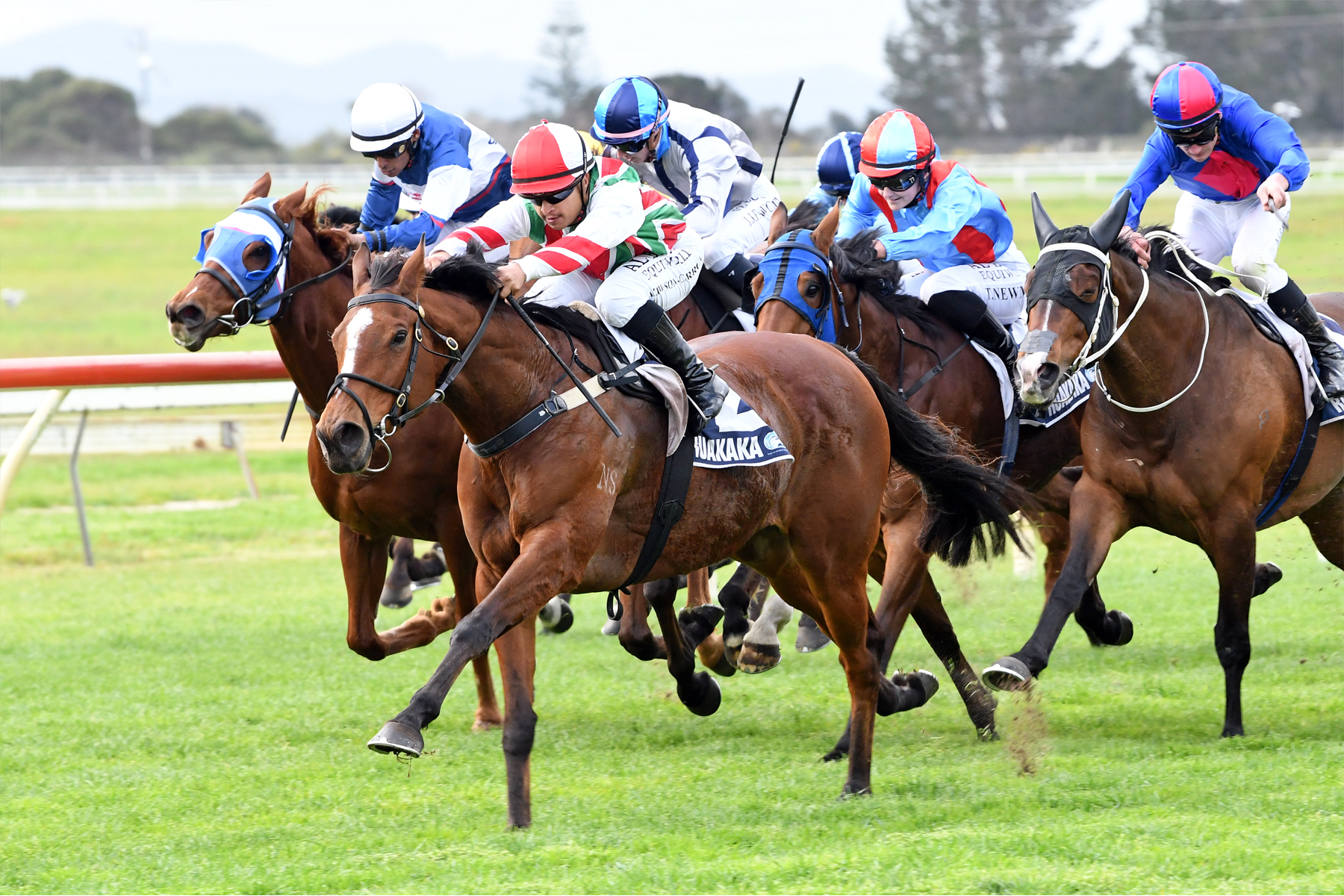

NZTR
Racing
The racing industry in New Zealand boasts a rich heritage encompassing both flat and jumps racing disciplines. Click on the link below to explore our current season's Jumps and Amateur rider programmes.
Additionally, delve into our NZ Thoroughbred Horse of the Year Hub and Hall of Fame to discover the remarkable champions of the past and present.

NZTR
Forms and Resources
Thoroughbred racing is governed by strict rules and regulations to ensure fairness, safety, and integrity.
In this section you will find a collection of resources to help owners and trainers carry out various activities in accordance with licensing, renewals, registrations, Rules of Racing and Policies.

Thoroughbred & Participant
Welfare
Equine and participant welfare is a matter of high importance to New Zealand Thoroughbred Racing. High welfare standards benefit the individual horse as well as the whole thoroughbred racing industry. More information as well as key welfare resources can be found in this section.

NZTR
Corporate Information
New Zealand Thoroughbred Racing (NZTR) is the governing body for thoroughbred horse racing in New Zealand.
It oversees and regulates the sport, ensuring that races are conducted fairly and in accordance with the rules and regulations while supplying the thoroughbred product for wagering and sporting customers.

Racing Industry
Careers
If you're seeking thrilling opportunities and diverse career paths, the racing industry offers a range of options to suit your interests and skill sets. For detailed information on career paths within our dynamic industry or to explore current job openings, please click on the link provided below.





